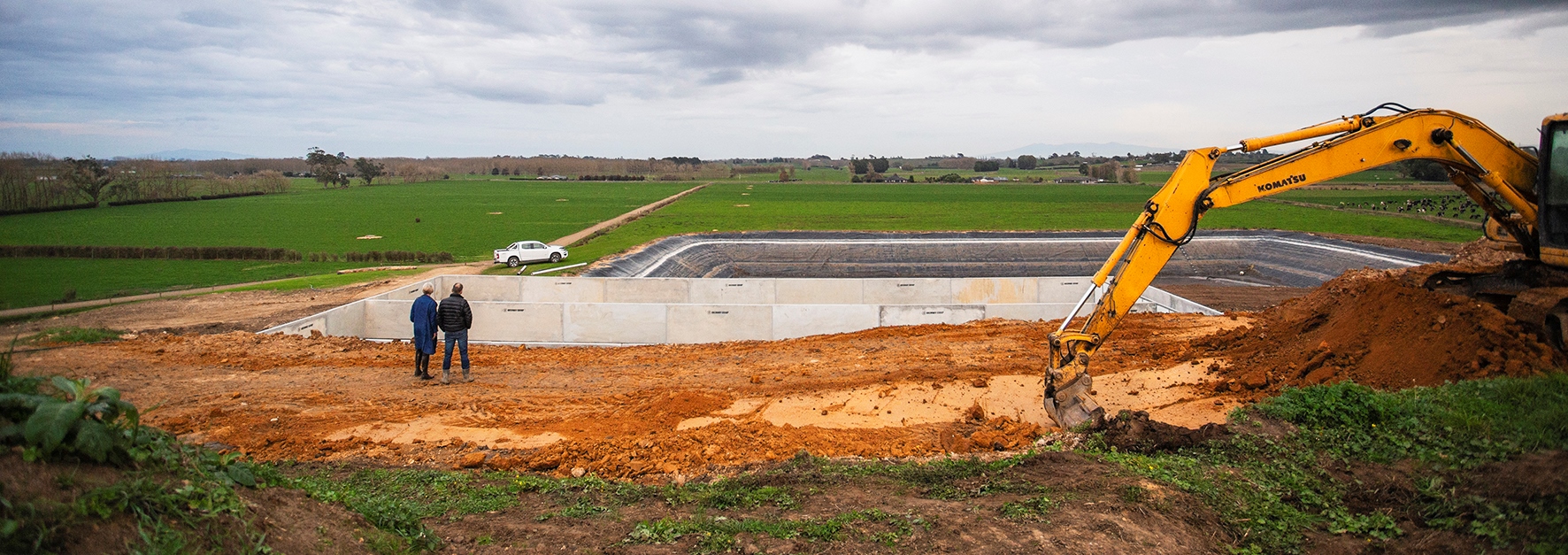Management Rights Businesses in New Zealand are a unique business model which are not always fully understood or appreciated. In this article, commercial property law partner, Chad Danswan, takes a look at what a Management Rights Business is and provides his insights into what should be considered when selling and purchasing such businesses based upon his own commercial and legal experience.
Land covenants - check before you purchase a property
Before you purchase a property, it is important to check the title to the property to see if there are any land covenants registered. The land covenants may contain restrictions, for example, on what you can build on the property and how you may use the property.

What are land covenants
A land covenant is a legal obligation to do or not to do something in relation to the land. Land covenants are registered on the title to a property. Anyone purchasing a property will be able to see that the property is subject to land covenants.
The purpose of land covenants is usually to maintain the quality of the neighbourhood as a whole. Examples of land covenants include:
- limiting the number of houses that can be built on a property;
- stating a minimum size and the type of materials, for example, the exterior cladding, must consist of;
- the number and type of animals allowed on the property;
- restrictions on how the property can be used e.g. for residential use only;
- a requirement that the written approval of the developer to the plans for the dwelling must be obtained prior to commencing construction of a dwelling on the property.
If you purchase a property with land covenants on the title, then you are required to comply with the land covenants. It is important to check that any existing structures on the property comply with the land covenants and that the obligations imposed by the land covenants are acceptable.
How long do land covenants last
The land covenants will remain on the title to the property and continue to apply until they are removed from the title or have an ‘end date’. It is becoming more common to see an ‘end date’ which states that the land covenants will end after a certain period of time. In order to remove land covenants from a title all of the owners of land that have the benefit of the land covenants must agree to the removal of the land covenants.
Enforcing land covenants
The land covenants are usually in favour of the developer for a certain period of time or until the developer does not own any of the lots in the subdivision, and the other owners of the lots in the subdivision, which means that the developer or any other owner of a lot in the subdivision can enforce the land covenants. Enforcement of the land covenants depends on the terms of the land covenants. Some land covenants contain ‘liquidated damages’ provisions which provide for a certain sum to be paid if the land covenants are breached.
Conclusion
If there are land covenants on the title to a property you are thinking of purchasing or developing, then it is important that you fully understand the nature and effect of the land covenants, and also to ensure that there are no existing breaches of the land covenants.
This article is current as at the date of publication and is only intended to provide general comments about the law. Harkness Henry accepts no responsibility for reliance by any person or organisation on the content of the article. Please contact the author of the article if you require specific advice about how the law applies to you.
For further information



